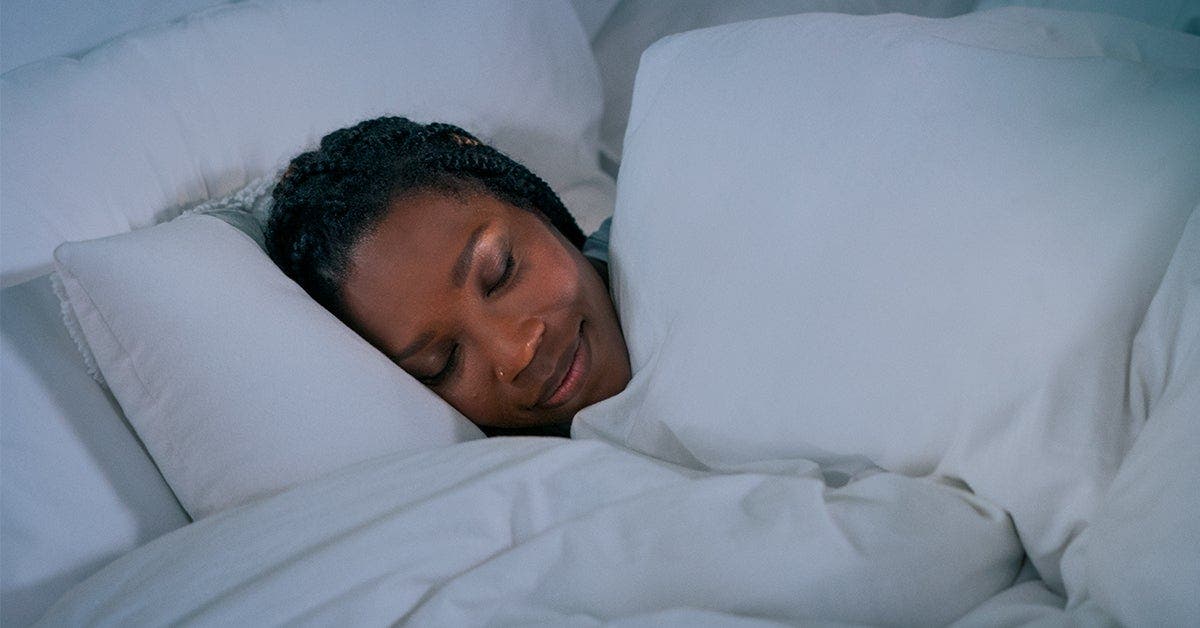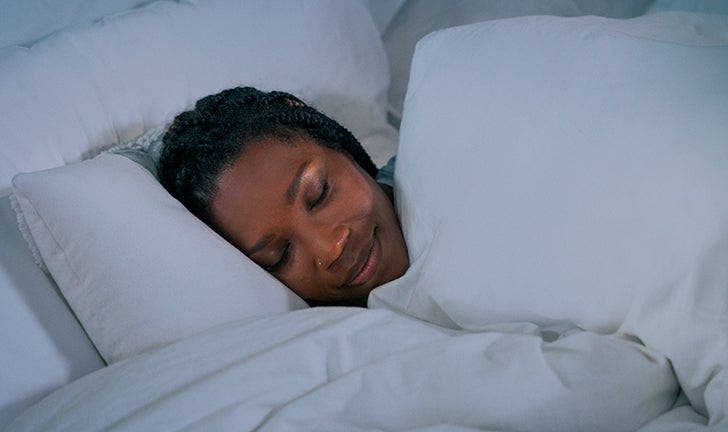How to break a bad sleep cycle


Your body has an internal clock that regulates when it’s time to fall asleep and when it’s time to wake up. This sleep-wake cycle is known as the circadian rhythm, and it works by naturally responding to changes in light. When it gets darker in the evening, this cues your body to release a hormone called melatonin that induces a feeling of sleepiness. In the morning, light prevents any further production of melatonin, helping you feel awake and energized.
Your circadian rhythm is what controls your overall sleep pattern. However, there are various factors that can contribute to throwing this rhythm out of balance. Factors that can disrupt your sleep cycle include:
- Changes to your regular sleep schedule, such as staying up late one night or waking up much earlier than usual
- Stress and anxiety
- Illness or chronic pain
- Shift work
- Family demands, such as childcare or caregiving
- Travel, particularly across time zones leading to jet lag
Once your sleep cycle is thrown off, it can be challenging to get back on track. If you’re having trouble falling asleep or tossing and turning all night, you may respond by staying up and finding something else to occupy your time. However, doing anything too physically or mentally-stimulating such as watching television, scrolling through your phone, or trying to get chores done late into the night can worsen sleep issues. You may become more anxious about not sleeping, and this forms a vicious cycle making the sleep problems worse.
The Path to a Better Night’s Sleep
If too many nights tossing and turning has left you feeling exhausted, it’s possible to create new sleep habits that can help reset your sleeping pattern:
Avoid Napping or Sleeping in Late. If you’ve had a rough night sleeping, it can be tempting to sleep in or take a nap later in the day. However, research shows this can make it harder to fall asleep the next night with napping being associated with a shorter duration of nighttime sleep. As much as possible, stick to a sleep schedule that allows you to go to bed and wake up at the same time each day, as this will help increase your need to sleep at night. If you need to re-charge with a nap in the afternoon, keep it to 20 minutes so as not to disrupt your sleep later that night.
Get Some Morning Sunshine. Exposure to sunlight can help reset your sleep-wake cycle, especially when you are exposed to it in the morning. Light from the sun helps to inhibit further production of melatonin, so you feel more awake and alert. To get the most benefit from the morning sun, avoid using blackout blinds or curtains, or open the blinds as soon as you wake up to allow the sun’s rays to stream in. This can help reset your internal clock and make it easier for you to rise in the morning.
Keep a Cool Bedroom. Even though cold winter nights may call for a warm duvet or blanket, it can actually make it more difficult to get a good night’s sleep if your body temperature is too warm. Your body’s core temperature drops slightly in the evening, and keeping a cool bedroom (15.6°C/60°F to 19.4°C/67°F) can send a signal that it’s time for bed. Cozy up under the covers if you wish, but once you’re comfortable it’s best to pull them back to help you settle into sleep.
Practice Relaxation. If sleepless nights are stressing you out, that can create a cycle that makes you feel even more anxious as bedtime approaches each night. It can be helpful to create a routine that helps you relax before bedtime. This could include sipping a warm cup of chamomile tea, listening to your favourite podcast, or writing about your day in a journal. There are several relaxation techniques than can make it easier to drift off to sleep, such as visualizing peaceful scenes, or focusing awareness on different parts of your body as you tense and relax the muscles in that area.
Power Off Electronics. If you’re wide awake at 3:00 am, it can be frustrating to lay in bed staring at the clock. Turning on the television or scrolling through your social media feed can be tempting in the hopes you’ll feel tired enough to zone out again soon. However, electronic devices emit blue light, an artificial colour that mimics daylight. This affects your sleep-wake cycle by inhibiting your body’s release of melatonin, which can make it more difficult to fall asleep and stay asleep. If you can’t sleep, try reading a paper copy of a book or listening to an audio book or soft music. Aim to turn off all electronic devices at least 30 minutes before bed, including your television, laptop, tablet and phone.
Move Your Body. It can be challenging to motivate yourself to exercise when the weather outside is cold and you’re already exhausted from not sleeping enough. However, physical activity can help you sleep better and boost your energy levels. While the best time to exercise is when it works for your schedule, there is evidence to show that working out in the morning or early afternoon can be most helpful for getting your circadian rhythm back on track.
